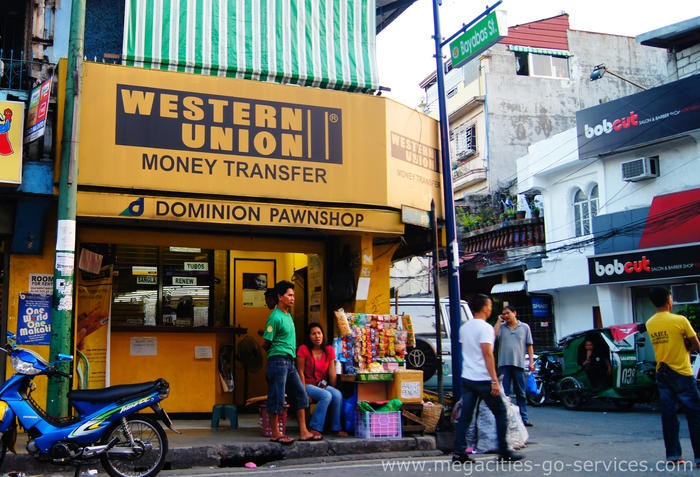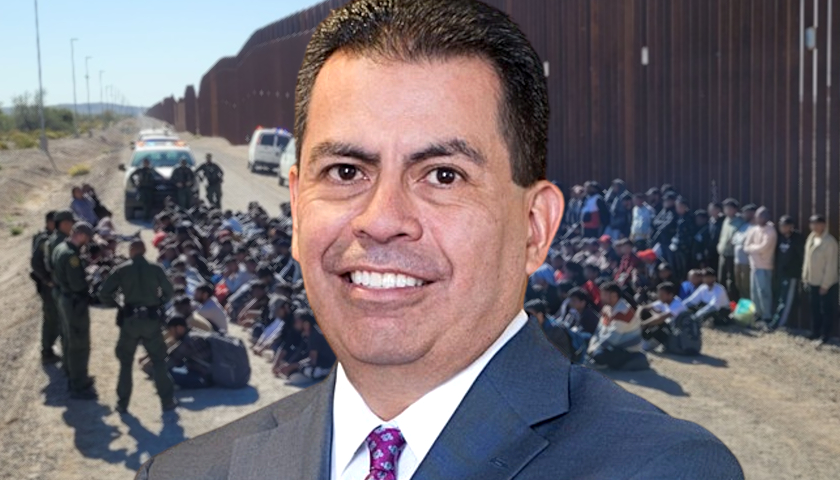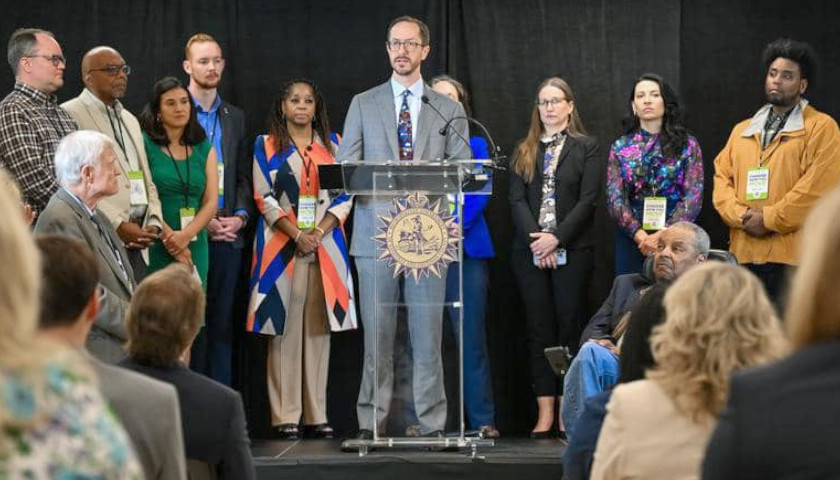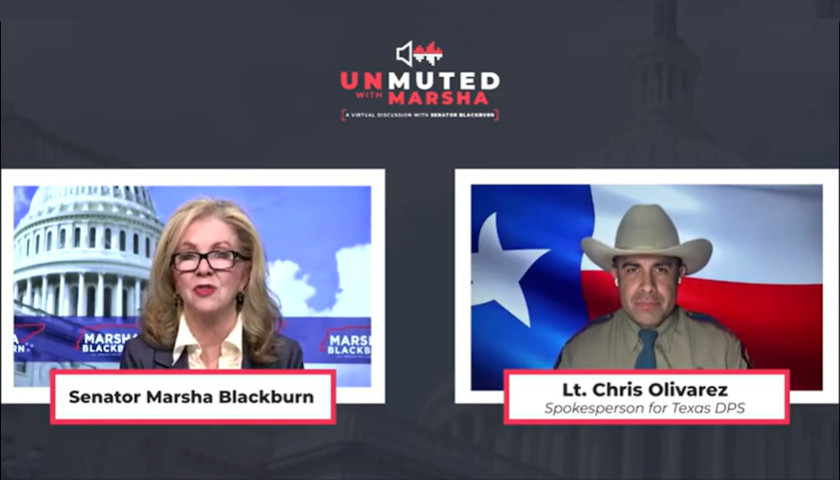The Partnership for a New American Economy (PNAE) founded in 2010, is a powerful and well-funded coalition of business leaders and mayors, including former Nashville mayor Karl Dean and Nashville Chamber of Commerce president Ralph Schulz. PNAE’s formed to convince the public and policymakers that comprehensive immigration reform like the 2013 “Gang of Eight” amnesty bill would help grow the economy and create jobs for Americans.
The PNAE has published reports for all 50 states in which they attempt to quantify positive economic benefits that immigrant workers (without differentiating between legal and illegal immigrants), bestow on receiving communities. The 2016 Tennessee report puts the number of the “undocumented population” in the state at 128,620. Other sources estimate that 33,000 to 50,000 live in the Nashville area.
Regarding illegal aliens working in Tennessee, the PNAE report claims that:
“[l]arge numbers of undocumented immigrants in Tennessee have also managed to overcome licensing and financing obstacles to start small businesses. In 2014, an estimated 10.3 percent of the state’s working-age undocumented immigrants were self-employed — meaning Tennessee was the unique state where unauthorized immigrants boasted higher rates of entrepreneurship than either legal permanent residents or immigrant citizens of the same age group.”
The report, however, never mentions remittances, an issue which along with President Trump’s executive order on border and interior enforcement, is the reason the January 31st meeting between President Trump and Mexico’s President Enrique Pena Nieto, was cancelled. As Nieto said, ”millions of Mexican families, principally those of low means, depend on these [remittance] resources.”
Construction of the border wall was a recurrent issue during Trump’s campaign and at times, “build a wall” became a rallying cry of his supporters reflecting the rejection by law-abiding Americans of Obama’s initiatives to enable illegal immigration. When challenged about the cost to construct the wall, President Trump suggested that a tax on remittance funds being sent to Mexico could help fund the construction.
The World Bank’s definition of personal remittances includes:
“all current transfers in cash or in kind between resident and nonresident individuals, independent of the source of income of the sender (and regardless of whether the sender receives income from labor, entrepreneurial or property income, social benefits, and any other types of transfers; or disposes assets) and the relationship between the households (regardless of whether they are related or unrelated individuals).”
According to Alfredo Coutino, Latin America director for Moody’s Analytics, “remittances don’t depend on the exchange rate, nor on business opportunities in Mexico, but rather completely on the condition of the U.S. economy.”
Mexico’s resistance to having the remittance issue exposed may be connected to the fact that the estimated $24.6 billion dollars transferred out of the U.S. economy in 2016 by Mexican nationals working in the U.S. is Mexico’s “largest source of cash and reported to be “even higher than what Mexico earns from its oil exports — $23.2 billion in 2015.”
A 2016 GAO report noted that “one study of Mexican migrants finds that unauthorized immigrants are more likely to remit.” Center for Immigration Studies fellow Dan Cadman, a retired U.S. immigration official observes that “…once the [remittance] money has left our economy, it is gone forever; and second, that we’re not talking about chump change, we’re talking about tens of billions of dollars each year.”








